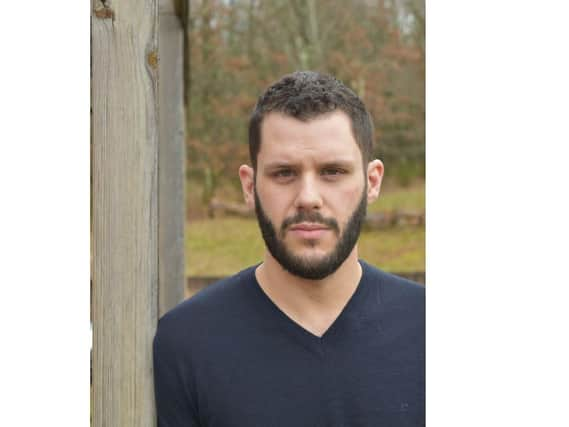Hastings's HPO Singers confirm Messiah as debut performance


The November 21 HPO Dumky recital has now moved to Sunday, December 13. The Winchelsea HPO strings concert will now take place on Saturday, December 12.
Artistic director Marcio da Silva said: “We recognise how disappointing it is when a concert has to be rescheduled, and we hope that those of you who have booked tickets, are free and able to attend the concert on the new date. If you have any problems or questions in connection with the change in concert dates, please don’t hesitate to get in touch.”
Advertisement
Hide AdAdvertisement
Hide AdThey have also rescheduled The Messiah to Saturday, December 5 at 7pm at Christchurch, St Leonards, TN37 6AY
“The government have given assurances that the current lockdown comes to an end on December 2. The fact that detailed plans are being put in place for university students to travel home from December 3-9 does seem to suggest that this date will hold. We have all the necessary plans and procedures in place to stage our first major concert on December 5, and we look forward to this with great enthusiasm. Handel’s Messiah is undoubtedly one of the best-known choral works in Western music, and its power to uplift and inspire may perhaps be even more evident this year. This is the first concert for our newly formed HPO Singers. They are joined here by some wonderfully talented young soloists, and the accomplished musicians of Ensemble OrQuesta Baroque.
“The concert will include a full performance of Handel’s great masterpiece given by a 35-strong choir, including seven of Ensemble OrQuesta’s most experienced Baroque singers, accompanied on period instruments.
“Handel’s Messiah is surely the perfect choice for a pre-Christmas concert, most especially perhaps in a year such as this one when there seem to be a great many challenges to face and few exciting highlights to look forward to. It is tempting to think that Handel’s Messiah does not need an ‘introduction’; many of us will feel that we know it very well. Handel wrote this English-language oratorio in 1741 to a scriptural text compiled by Charles Jennens from the King James Bible and from the Coverdale Psalter. Jennens was a devout Anglican landowner; a close friend of Handel’s he had helped to finance the publication of every Handel score since Rodelinda in 1725.
Advertisement
Hide AdAdvertisement
Hide Ad“The German-born Handel had lived in London since 1712 and his reputation had been established through his composition of more than forty successful Italian operas. However, by the 1730s, with the rise of English-language ballad-operas, public taste had clearly changed, and with box-office receipts falling, Handel turned his talents to writing oratorio. Messiah was Handel’s sixth in the genre. It was first performed in Dublin in 1742 and received its London premiere in 1743.
“The three-part structure of the work approximates to that of Handel’s three-act operas, with the parts subdivided by Jennens into scenes. Each scene is a collection of individual numbers or ‘movements’.”
Comment Guidelines
National World encourages reader discussion on our stories. User feedback, insights and back-and-forth exchanges add a rich layer of context to reporting. Please review our Community Guidelines before commenting.